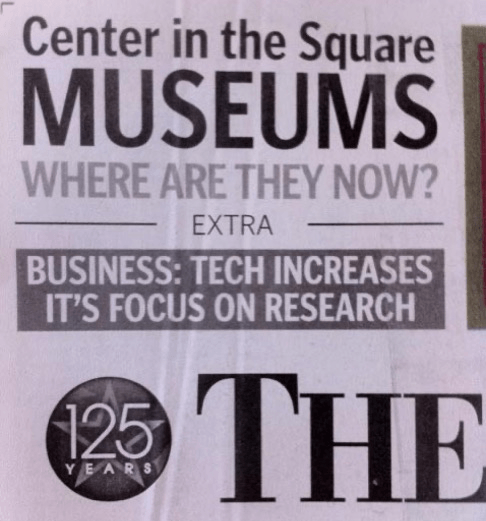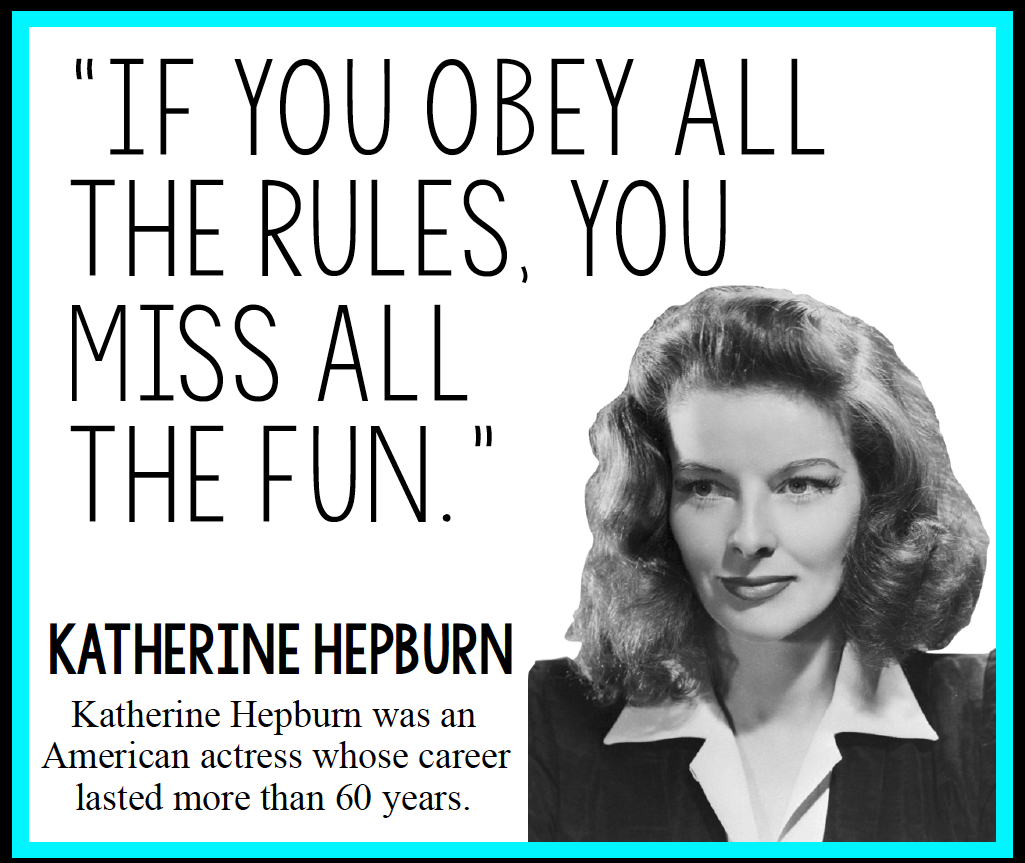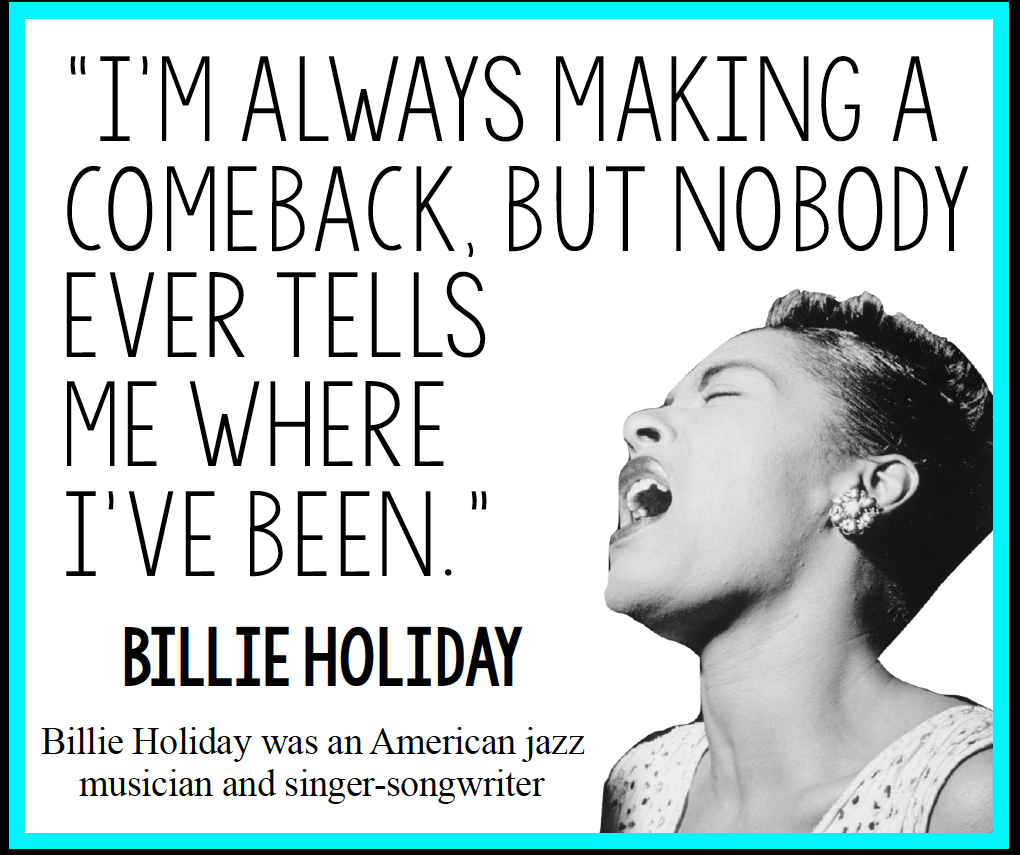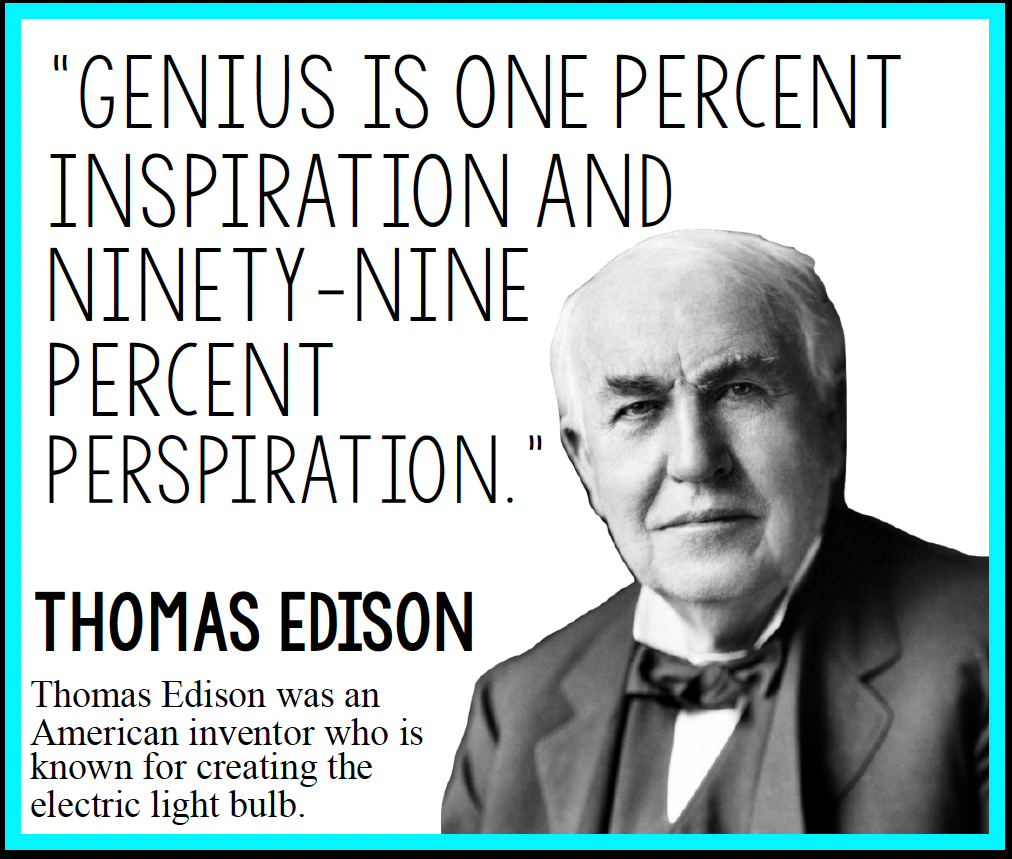This part of speech describes a noun.
What is an adjective?
Use what you know about parts of speech to identify the nonsense word below:
Leonard sang so jomly that it hurt.
What is an adverb?
Leonard sang so jomly that it hurt.
Complete the following:
subject + predicate = __________
What is a complete sentence?
subject + predicate = a complete sentence
Name the three sentence types we discussed in class.
What is simple, compound, and complex?
Find and correct the homophone error in the sign below:

This part of speech always appears before nouns.
Hint: There is an example of one in this sentence.
What is an article?
Hint: There is an example of one in this sentence.
In the following sentence, the word "drex" is what part of speech:
No one sings in the drex.
What is a noun?
No one sings in the drex.
Identify the subject and verb in the sentence below:
The moon disappeared behind the clouds.
What is moon and disappeared?
The moon disappeared behind the clouds.
What type of sentence is the quote below:

What is a complex sentence?
“If you obey all the rules, you miss all the fun.”
What two things do the words your, its, and their have in common? Fill in the blanks below:
1) They are all __________.
2) They all show __________.
What is:
1) They are all homophones.
2) They all show possession.
This part of speech describes verbs and adjectives.
Example: He was terribly upset about performing so poorly on the test.
What is an adverb?
Example: He was terribly upset about performing so poorly on the test.
In the following sentence, the word "stibb" is what part of speech:
Maybe the cookies are too stibb.
What is an adjective?
Maybe the cookies are too stibb.
Describe the difference between an independent vs. dependent clause.
What is an independent clause expresses a complete thought and can stand alone as a sentence. A dependent clause does not express a complete thought and cannot stand alone as a sentence?
What type of sentence is the quote below:

What is a compound sentence?
I'm always making a comeback, but nobody ever tells me where I've been.
Fill in the blanks below:
Homophones are words with the same _____ but a different _____ and _____.
What is: Homophones are words with the same sound but a different spelling and meaning?
This part of speech joins clauses together.
What is a conjunction?
Identify the subject of the sentence below:
The goozy bloofed crindly in the wicklesnab.
What is (the) goozy?
The goozy bloofed crindly in the wicklesnab.
1) Name four subordinating conjunctions using the acronym: www.asia.b.
2) Which type of clause begins with a subordinating conjunction: independent or dependent?
1) What is when, where, while, as, since, if, although, and because?
2) What is dependent?
Why is there no comma in the complex sentence below:
Computers have changed a lot since they first came on the market.
What is: When a dependent clause begins a sentence, a comma is required. No comma is required when a dependent clause comes second?
Choose the correct version of the homophones below:
The gold rush (effected / affected) the Yukon region in significant ways. One (effect / affect) of the gold rush was the growth of Dawson City.
What is: The gold rush (effected / affected) the Yukon region in significant ways. One (effect / affect) of the gold rush was the growth of Dawson City.
affect = verb
effect = noun
Name the eight parts of speech using the acronym IVAN CAPP.
What is an interjection, verb, adjective, noun, conjunction, adverb, pronoun, and preposition?
Identify the verb and tense (e.g., past, present) in the sentence below:
The goozy bloofed crindly in the wicklesnab.
What is bloofed and past tense?
The goozy bloofed crindly in the wicklesnab.
–ed ending indicates past tense
Part 1: Explain the role of coordinating conjunctions in compound sentences.
Part 2: The example below contains a coordinating conjunction, yet it is a simple sentence. Explain why it's not a compound sentence.

Part 1: What is coordinating conjunctions (e.g., and, but, so) link two independent clauses together to form a compound sentence?
Part 2: What is because and is linking two nouns (e.g., inspiration, perspiration), not two independent clauses?
“Genius is one percent inspiration and ninety-nine percent perspiration.” – Thomas Edison